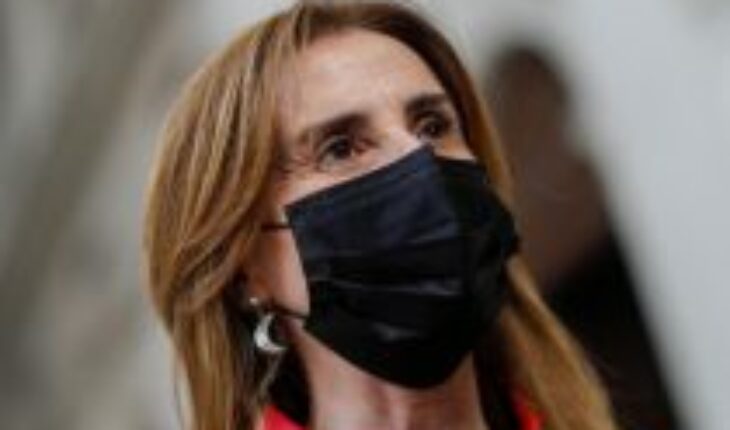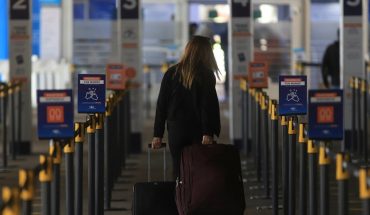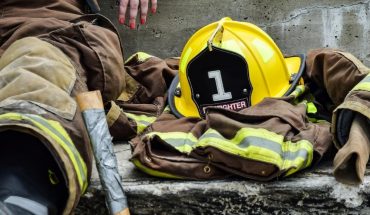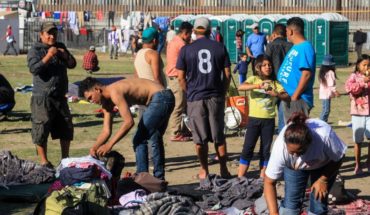True to her style, Marcela Cubillos reviewed the sayings of Izkia Siches, who regarding the current conflict between the Chilean state and the Mapuche people in La Araucanía called for dialogue with “all the actors, including the CAM (Coordinadora Arauco-Malleco).” The organization then issued a statement in which they claimed political violence “as a legitimate instrument of our struggle, whoever is governing.”
“The first thing the government should do is dialogue and above all listen to the victims of terrorism in La Araucanía,” said the conventional for District 11, in conversation with Biobío radio. In that sense, Cubillos said that when the Convention went out to regions a group of conventionals went to talk with the victims, however he assured that “the directive of the Convention was not willing to make that an activity of the exit to the field”.
Therefore, added the former Minister of Education of the second government of Sebastián Piñera, Izkia Siches, “before running to talk with those who exercise terrorism and those who have already demonstrated for remaining in violence, I should, with that same agility, privilege running to listen to the victims of terrorism.”
“I think the declaration is a bad sign because it again whitewashes or legitimizes terrorism in La Araucanía,” he said.
Marcela Cubillos also claimed to have a “bad evaluation” of elisa Loncon’s work in the presidency of the Constitutional Convention. “She did not intend from day one to even represent the conventional 155, which is the role of the president of a corporation. She has always been a spokesperson for her agenda since her inaugural speech, in which she tried to settle debates that have to take place during the constituent debate,” he criticized.
Cubillos also accused Loncon of having responsibility in terms of “having twinned this whole process to violence with his statements” and pointed out when the leader declared that it is not Mandela to call to lower his weapons, when he refused the minute of silence “for a victim burned alive in La Araucanía” or at the time of alluding to “free prisoners from acts of violence.”
Marcela Cubillos: “Izkia Siches, before running to talk with those who exercise terrorism, should privilege listening to the victims”
January 2, 2022 |





